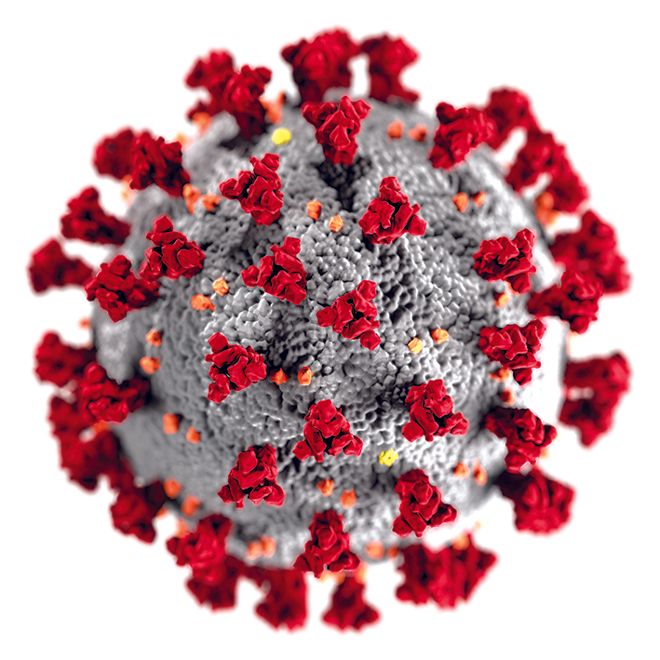By Mahmud Tim Kargbo
With an unbelievable 5.4 per cent recovered GDP in 2019, which was further projected to grow by 4.2 per cent in 2020, but is now expected to decline to 3.1 per cent in 2020 as a result of the COVID-19 pandemic.; this means Sierra Leone’s policymakers need a new roadmap for navigating the balance between managing the pandemic and supporting the economy, setting criteria and targets for action can help. Due to the ongoing global pandemic, we are living with an economic downturn whose scope and magnitude are staggering. Governments around the world, including the Government of Sierra Leone, face a difficult balancing act – managing a serious public health crisis without causing economic and social devastation. Therefore what we need is a policy roadmap that sets clear, evidence-based targets to align economic policy moves to the varying epidemiology of COVID-19. Dealing with COVID-19 is as much an economic challenge as a health challenge. The economic crisis we are now faced with has drawn comparisons to the Great Depression, the immediate consequences of which were mass poverty, economic devastation and, at least indirectly, the rise of fascism in Europe and the Second World War.
One way the Bio administration is to appreciate the magnitude of the economic and social costs now at stake is to consider the number of grants and loans secured by his Finance Minister who already proved to have the ability to think clearly and rapidly under pressure and uncertainty to secure such loans and grants in the midst of the pandemic and use the funds wisely. The speed and size of these loans and grants are shocking so is the suffering in the lives of the majority in the current pandemic. Of course, beyond these figures, the impacts of lockdown policies extend to a multitude of other areas; ranging from the effects of school closures, travel restrictions and social distancing measures on households, to the mental health of individuals confined to their homes. Arguably, the main reason the Finance Minister is getting these huge loans and grants coupled with his exceptional negotiating skills is to prevent the current economic situation not to turn into a severe, long-lasting social and economic disaster for Sierra Leoneans.
There are good reasons to be confident that, informed by past mistakes, the policy response to severe economic downturns will be better and swifter today.
However, the ongoing virulence of the current pandemic may prevent the policy reaction from being as swift and as positive as it ideally could be. Until an effective vaccine becomes available, we will have to learn to live and operate with the virus – keeping its spread under control in a way that is sustainable. To that end, it is imperative that policies complement each other in addressing simultaneously both the public health crisis and the economic crisis. The road to recovery will require finding the balance between keeping the economy and society going, while also keeping the spread of the coronavirus under control. This is a major challenge but there are ways and means of achieving it.
With the odd example of using COVID-19 funds to procure SUVs, I argue that the key to charting a course that both saves lives and averts an economic disaster is for Sierra Leone’s policymakers to set a transparent and consistent objective for managing this crisis as opposed to an Ex-post COVID-19 2020 Expenditure Management approved supplementary budget. In particular, if eradication isn’t the goal for the developed world, then policy must allow for the virus to remain present in the population – but at such a level that public health catastrophes, like that experienced by New York City or Italy’s Lombardy region earlier in the year, are averted. The real-time audit will prevent further corruption in the COVID-19 management and ensures Sierra Leone saves money and never reach a point where the healthcare system is overwhelmed due to lack of funds. Subject to COVID-19 constraints, policymakers can then choose among policies that otherwise minimise the damage to the economy. The benefit of selecting a real-time audit is that it provides an explicit, unambiguous criterion for evaluating the merits of various expenditures in the pandemic, and for communicating the rationale behind these expenditures to the general public. The precise constraint that is chosen involves normative criteria, which democracy relies on elected politicians to determine.
Pandemics, by their very nature, involve phases of exponential growth in infection – one individual may infect 10, these 10 then infect 100, these infect 1,000, and so on.
Managing the dynamics of a dangerous pandemic isn’t a familiar or comfortable experience for economists and policymakers. But neither is it a comfortable experience for epidemiologists to entertain the idea of tolerating some level of spread of a deadly disease. This is uncharted territory for all.
Given the stakes, we need to find our path fast and learn on the go.
This crisis is different from any other in living memory. It requires adaptive thinking that accounts for complex tradeoffs between managing the pandemic and managing economic and social well-being.

